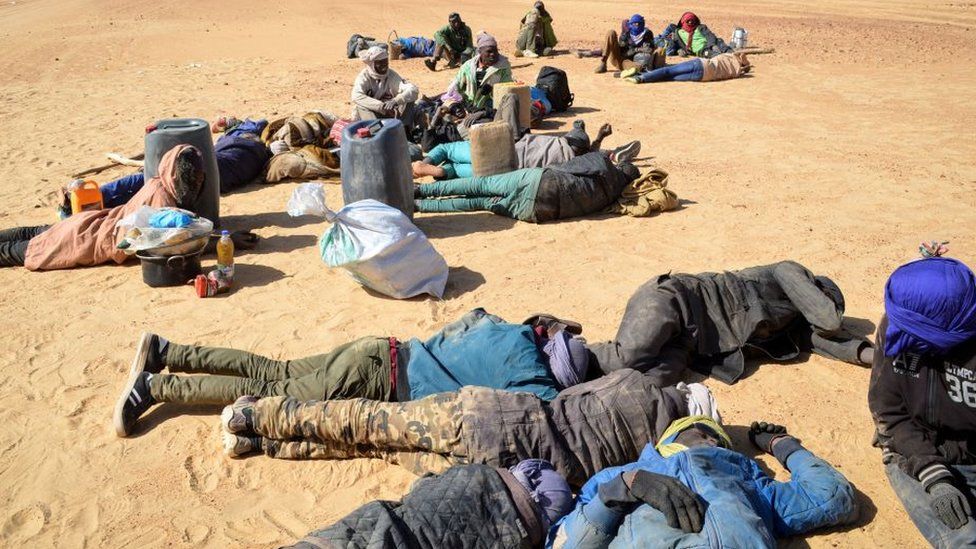-

-
-
Loading

Loading

A coup in Niger has resulted in the overturning of a law that criminalized migrant smuggling. The law, which had been in place for eight years, allowed authorities to take action against smugglers who transported migrants through Niger's desert to Libya and Europe. However, President Mohamed Bazoum, who had been collaborating with the EU to stem the flow of people across the Mediterranean, was ousted in July's coup. Gen Abdourahmane Tchiani has since declared himself the new head of state and his ruling junta announced the repeal of the law, stating that it did not consider the interests of Niger and its citizens. The junta also declared that convictions made under the law would be erased. This move indicates the junta's intention to assert its authority over the country's sovereignty, disregarding international pressure. In response to the coup, the EU suspended all security cooperation with Niger, and their foreign policy chief, Josep Borrell, along with the US and France, refused to acknowledge Gen Tchiani as the leader. Their decision also resulted in the suspension of budgetary aid to Niger indefinitely. It remains uncertain how the EU will respond to this setback in their strategy for managing migration from Africa. The now-overturned law was passed in 2015, reducing the number of asylum seekers and migrants attempting to reach Europe. However, traffickers criticized its enforcement in subsequent years. Concerns now arise that trafficking groups may view the repeal of the law as an opportunity to resume pushing migrants into neighboring countries, such as Libya or Algeria, for onward transport to Europe. Niger plays a significant role in the Sahel region, which stretches from the Atlantic Ocean to the Red Sea.